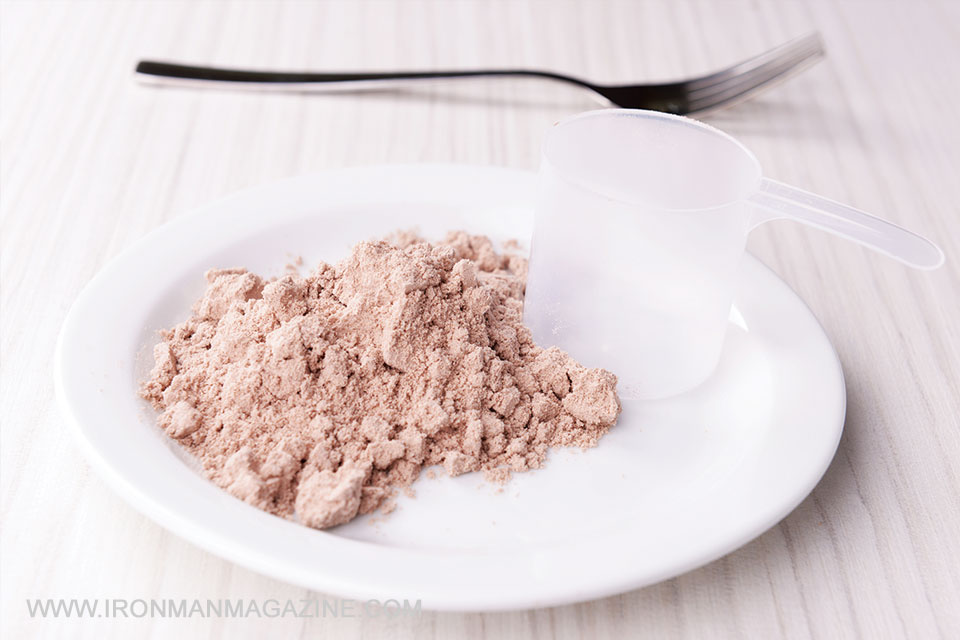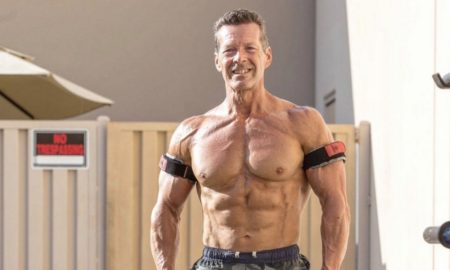


Why hours spent slumbering might be more valuable for your physique than hours spent in the gym.
Recently, theimportance of sleep has come to the forefront due to conclusive evidence for sleep’s role in a variety of disease processes, including obesity, coronary artery dis-ease, and neurodegenerative diseases such as Alzheim-er’s. Specifically, sleep deprivation and insomnia prime the system for the development of these lethal diseases. The mechanism by which poor sleep habits (more aptly termed “poor sleep hygiene”) wreak havoc on the body has yet to be elucidated however. Quite frankly, we have no idea what the hell is going on when we sleep.
Broadly speaking, the brain performs routine mainte-nance akin to a computer system backing itself up, defrag-ging the hard drive, scanning for viruses, and rebooting. So how would your computer perform if it skipped these tasks? It would be bombarded with potential “threats” on a daily basis from viruses, hard-drive glitches, software in-compatibilities, and registry errors. Eventually, your computer would accumulate so many errors it would ultimately be-come an inert black box on which you set your glass of wine.
Your brain is the most complex computer in the known universe. Yes, that amorphous mass of fat-insulated wiring between your ears has more computing power than any man-made system. Working under the assumption that you’ll have “more hours in the day” or that you’ll “be more efficient” by skipping sleep will only predispose yourself to disease. How sleep bolsters the immune system, reduc-es stress hormone levels, and facilitates the formation of memories remains unclear, but it is the subject of ongoing research. The important point is your brain cannot function optimally without adequate sleep. And quality training ses-sions in the weight room depend heavily on your brain.
Sleep Protects the Brain
The brain relies on sleep for clearance of toxic by-products that accumulate with normal neuronal function. Research published in the journal Science describes the clearance system utilized by the brain during sleep to remove waste products. Similar to the lymphatic system in the body, the “glymphatics” (a concatenation of the words “glia,” or brain substance; and “lymphatics”) are the amorphous con-glomeration of channels through which spinal fluid flows, carrying with it metabolic products, essentially detoxifying the brain. This mechanism helps clear something called beta amyloid protein from the brain. Scientists have dis-covered that the accumulation of beta amyloid protein is observed in the brains of Alzheimer’s patients. There is 50 percent less glymphatic flow in the awake state relative to that observed in the sleeping individual. And this cumula-tive reduction in glymphatic clearance of beta amyloid may explain the increased incidence of dementia symptoms in sleep-deprived individuals.
The Brain and the Brawn
So how does sleep apply to strength training? Well, the musculoskeletal system is not trained in isolation during a rigorous session in the weight room. In fact, training is near wholly a mental exercise because the musculoskel-etal system is an extension of the nervous system. When you deadlift, you fire your hamstrings and your glutes in a coordinated manner through precise neuronal activation. In essence, you “will” your musculoskeletal system (a so-called “effector” of the nervous system) to drive the bar off the ground and complete the lockout. A primed, optimal-ly functioning brain is requisite to initiate motor activation within the central nervous system. Success in the gym, and more specifically continued strength and physical gains, is a product of a well-rested and efficient nervous system. One cannot expect to progress under sleep-deprived con-ditions. In fact, if you feel poorly rested, it’s advisable to take the day off from training. You otherwise risk overtrain-ing and potential injury from central nervous system fatigue, both of which could set you back dramatically.
Assure yourself of adequate sleep. Shoot for seven to eight hours of uninterrupted sleep nightly, but get what you think is necessary to feel rested. Some need more and oth-ers a little less. Successes both in and out of the gym are dependent on sleep. It was once thought that “insomnia” was a disease entity unto itself. But the effects of sleep deprivation are much more sinister, predisposing you to a variety of diseases and the overtraining syndrome. Ask yourself, What percentage of an iceberg is visible above the waterline? See the point? So get serious about sleep, be-cause the alternative is simply not an option.
Sleep Right Tonight
Take brief naps on lunch breaks or when you have spare time between meetings. Limit naps to 30 min-utes. Naps reboot the central nervous system, and in-crease alertness and productivity.
Avoid any caffeine or thermogenics after 4:00 p.m. They elevate basal metabolic rate and augment various energy systems and may therefore keep you alert for up to eight hours.
Perform resistance training or endurance work in the late afternoon or early evening so that your central nervous system is fatigued, thereby facilitating sleep. Complete your workout a minimum of two hours before bed to prevent sleep disruption.
Minimize carbohydrate consumption (aside from leafy greens) after 6:00 p.m. Simple carbohydrates will inter-fere with sleep induction as well as shut off fat-burn-ing processes. Preferably, fast after 8:00 p.m. nightly. Squelch hunger cravings with zero-carb protein drinks.
Use melatonin (1 to 3 milligrams one hour before bed) or other natural sleep supplements such as valerian root or chamomile tea to increase deep sleep. Magne-sium may also be beneficial.
Avoid watching TV, using a tablet, computer, or smart-phone within one hour of bedtime. Replace these ac-tivities with stress-reduction techniques, such as taking a warm bath or reading by a soft light.
Retire nightly at the same time. Patterned behavior will ultimately become habit and facilitate sleep induction.
Make sure your bedroom is cool, around 68 to 70 de-grees—and dark.
Prioritize sleep. In the context of strength training, sleep is as important as the sets and reps. Remember, reparative processes such as hypertrophy and the forg-ing of neural connections occur during sleep, not in the gym. If you feel the need to catch up on missed rest, do so on weekends. Sleep deficit is cumulative. Consider obtaining a sleep monitor to log your nightly sleep.
Consult your physician if you are experiencing difficul-ties falling asleep or staying asleep, or if you awaken poorly rested on a persistent basis.





















You must be logged in to post a comment Login